Oregon Native American Tribes
Takelma
Climate and Environment
The Takelma Tribe was located in Southern Oregon in an area now known as the Rogue Valley. The Takelma lived near the Rogue River, and 800 feet above the Rogue River was The Table Rocks. The tribe would hold many sacred ceremonies on the river and on top of Table Rock.
Southern Oregon had cold winters with mostly rain, where it would sometimes snow and often freeze. During the Fall and Spring it was mild temperatures, and Summer brought very hot dry weather to the valley.
Shelter
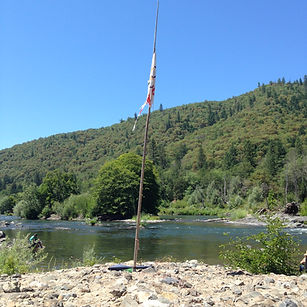
The tribe built plank houses next to the Rogue River. Each family had their own plank house of 12x18 feet. The house was buried into the ground with a fire pit in the center of the house. During the winters the family spent all day in the house because the weather outside was to cold. The other three seasons they spent most of their time outdoors.
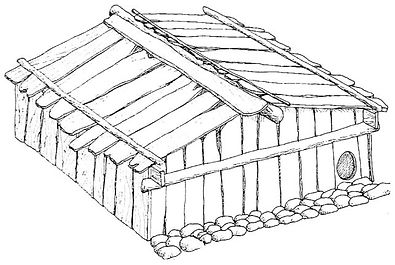
Food
Salmon, steelhead, and trout was the main food that the Rogue River brought to the Takelma. When they weren't fishing they were in the forest and meadows hunting large and small game such as deer, elk, antelope, beaver, big horn sheep, squirrel, rabbit, and gopher.
Acorns were collected off the ground and was used like a flour in their ingrediants to make soup and acorn cakes. They also dug up camas bulbs, skunk cabbage, wocas, wapato (potato), dandelion, and edible thistle.
During the Summer they picked berries such as blackberries, strawberries, Oregon Grape berries, raspberries, and salmonberries. The Takelma often snacked on roasted grasshoppers and yellow jacket larvae.
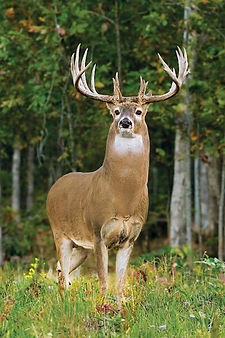
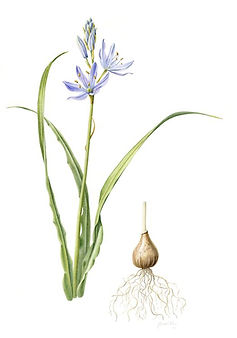
Camas bulb
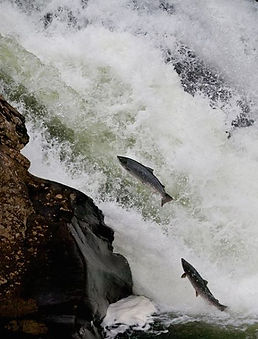
Clothing
With the dry hot summers, and cold rainy winters they changed clothes with the seasons. The women wore deer skin shirt and wrap around skirt that hung down to their knees. The skirt was often made of deer skin, braided grass or woven cedar bark. They wore moccasins, and had basket hats. The men only wore loincloth during the summer.
When winter came around they changed to deer skin hide shirts with animal fur sleeves. For pants they had deer skin pants and moccasins for shoes. Then men often wore hats made out of deer heads or sometimes bear heads. To keep warm they also had fur robes and blankets.
Women had permanent tattoos on their face, starting with two lines from the corner of their mouths down to their chins. Once the women were married they had a third tattoo line added from the center of the bottom lip to the bottom of the chin.
They also pierced their children's nose cartilage and ears.

Grandma Aggie
Grandmother Agnes Baker Pilgrim is the oldest living member of the Takelma Tribe today. She was born in September 11, 1924 and is granddaughter to Chief George Harney. In 1982 she survived cancer and since then has done a lot to help the tribe. She serves on Tribal Committees where she is always fighting for cultural and traditional improvements. She has started the Salmon Festival in the Rogue Valley again where she joins in on the festivity with her family and friends.
In 2014 I met Grandma Aggie at the Salmon Festival near my home. She was kind and welcoming even though she didn't know me. She sat and told us stories from her child hood and shared with us her life experiences. If you are ever in the Rogue Valley during the Salmon Festival you can meet Grandma Aggie yourself and hear her amazing stories.
"I'm the oldest living female left of the Rogue River Indians (Takelma) who lived
in Southern Oregon for over 20,000 years." -Agnes Baker Pilgrims

Salmon Festival
During the Summer when the salmon swims upstream to lay its eggs the Takelma Tribe waits to catch the first salmon of the season. They then set up a fire pit just like they did in the 1800's with fish on spears going around the fire to cook the salmon. The salmon slowly cooks for hours while people celebrate.
During the day they have storytelling, swimming in the river, people go into the sweathouse, and when the night falls and the moon rises they dance and sit by the fire eating salmon. People come from all over to camp on the land the Takelma once lived on by sleeping in teepees (even though they lived in plank houses), or in tents. On the last night they have a large pot luck where everyone brings their own dish.
The weekend this is held is a wonderful time of celebration and knowledge. It's a wonderful time to get together and experience something new.